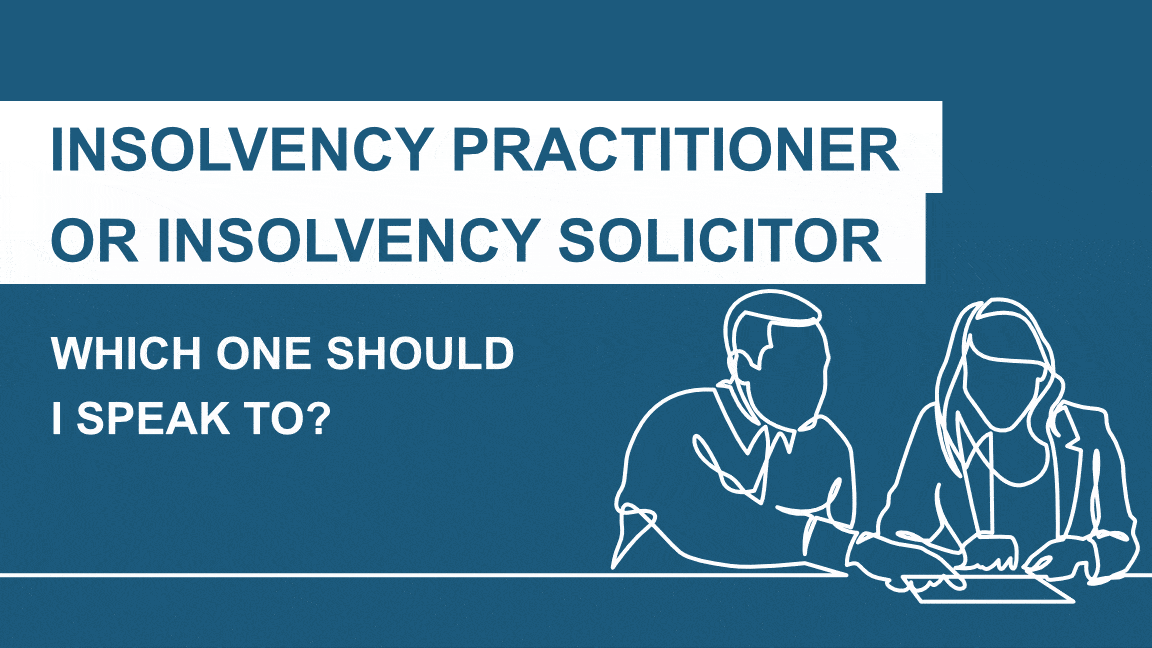What Does Insolvency Practitioner Mean?
What Does Insolvency Practitioner Mean?
Blog Article
The Facts About Insolvency Practitioner Revealed
Table of ContentsHow Insolvency Practitioner can Save You Time, Stress, and Money.The Basic Principles Of Insolvency Practitioner The smart Trick of Insolvency Practitioner That Nobody is DiscussingInsolvency Practitioner for DummiesAbout Insolvency Practitioner
Whether or not you need to make use of an insolvency specialist (IP) to liquidate your firm depends upon various variables. While involving a bankruptcy professional for all forms of liquidation is not a legal demand, doing so can often enhance the process and make sure compliance with legal requirements. Liquidating a company is a crucial decision that comes with significant effects.
It is a treatment utilized when a company does not have any creditors, or all of their lenders can be settled in full with statutory rate of interest. Comprehending the different kinds of insolvency procedures can aid you figure out the very best strategy for your business's liquidation or various other official insolvency treatments itself.
This is obligatory in order to comply with lawful requirements - Insolvency Practitioner. This is since IPs have the essential certifications and experience to guarantee that the liquidation process is conducted according to all relevant legislations and policies. By involving a licensed insolvency professional, you can have tranquility of mind understanding that your company's liquidation process will certainly be managed skillfully and in compliance with the appropriate lawful demands
Insolvency Practitioner Fundamentals Explained
The insolvency professional is selected as a liquidator and is responsible for managing the business and liquidator's financial obligations exceptional liabilities and properties. This process involves liquidating the firm's possessions and distributing the proceeds to lenders. Upon completion of the process, the firm is eliminated from the register at Business House.
Stopping working to do so can cause individual obligation for the business or director for the financial institution's financial obligations. Voluntary liquidation, that includes Financial institutions' Volunteer Liquidation (CVL) and Members' Volunteer Liquidation (MVL), is launched by the business's directors and investors when they can no much longer pay their financial obligations. In a CVL, the insolvency professional is assigned as the liquidator, in charge of handling company financial obligations and all company assets.

The Ultimate Guide To Insolvency Practitioner
By assessing the expertise and experience of potential insolvency experts, you can make sure that you pick a practitioner who possesses the required certifications to manage your business's liquidation process efficiently. While insolvency practitioner-led liquidation is typically one of the most suitable strategy for business facing bankruptcy, there are alternative strategies to consider, such as striking off and partial liquidation.
It's important to assess all available alternatives before choosing the next finest solution or strategy for your company. Striking off business' registers is a much more uncomplicated and cost-effective Discover More Here method to shut dormant or tiny companies with no financial obligations or possessions. To strike off a business, its name is eliminated from the Companies Home register by sending kind DS01.
Before choosing striking off, it's critical to weigh the benefits and drawbacks of this method and consider whether it's the best choice for your company. Partial liquidation is one more alternative to bankruptcy practitioner-led liquidation, in which a firm sells off certain properties and liabilities while remaining to run with the remaining properties and obligations.
A Bankruptcy Professional will be able to recommend you of the most effective strategy to take and ensure that whatever runs smoothly. It is not feasible to liquidate a company without a liquidator. Assigning an authorized insolvency specialist is required for the process of voluntary liquidation to start.
The Main Principles Of Insolvency Practitioner
It is possible to shut and liquidate your business without using a liquidator, offered your firm weblink is solvent and you satisfy the qualification demands to liquify or liquidate it. Nevertheless, if your firm is insolvent, you might be required to use a liquidator and start official insolvency procedures. Here are some various other informative posts pertaining to business liquidation in the UK:.
Remaining in a setting where you're not able to pay your company's creditors is extremely demanding. In an effort to avoid increasing the level of debt, many companies attempt to negotiate directly with their financial institutions and accept a casual arrangement. If the financial obligation is quite little and owed to one creditor, and the financial institution is being cooperative, participating in an casual financial obligation setup is probably the most effective service, instead of browsing the web for 'a bankruptcy practitioner near me'.
On the other hand, if there are numerous lenders and the you could try here level of financial obligation is big, creditors may not be so prepared or cooperative. In order to avoid liquidation or insolvency, it is far better to work with an insolvency specialist to attract up formal proposals and bargain with financial institutions in your place.
More About Insolvency Practitioner
Whilst it is a way to take care of debt, there are substantial threats entailed with this kind of financial debt plan - Insolvency Practitioner. If a financial institution wants to enter into an informal setup (IA) where the debtor has actually agreed to make regular, if lower, settlements to pay back the financial obligation, it is necessary to stick to the arrangement

Therefore, the creditor is within their rights to revoke the contract and petition the courts for your business to be sold off any time. A formal plan that has been proposed by a bankruptcy professional on your behalf, and agreed by a lender, offers a much more secure alternative.
Report this page